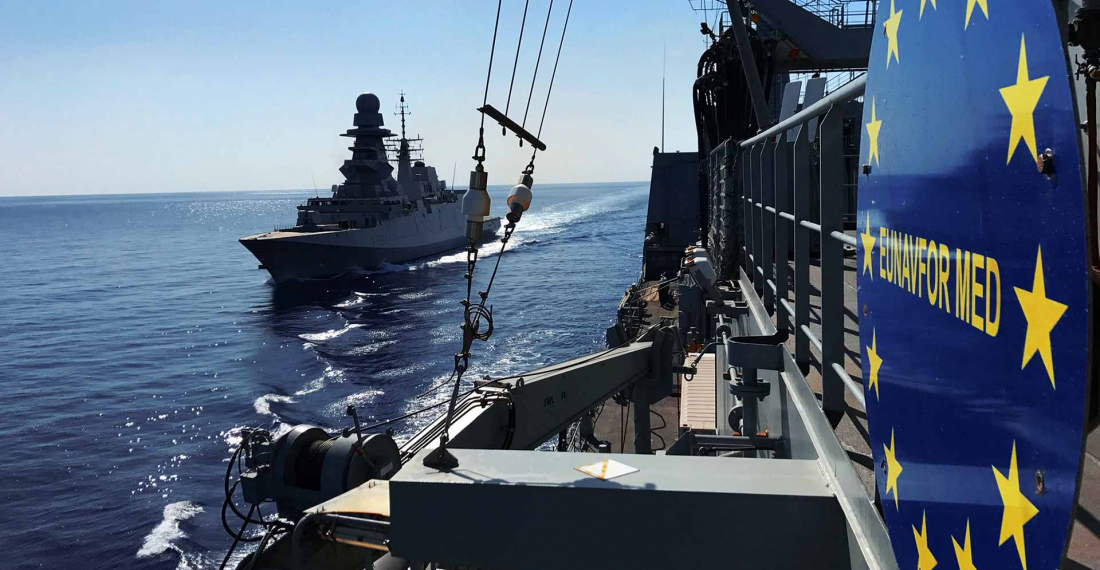The European Union (EU) has extended the military mission Irini by two years until the end of March 2023. The EU will continue to patrol the Mediterranean Sea to cut off the supply of weapons to Libya. The EU hopes this will give the new Libyan government of national unity a better chance to end the civil war.
EU ministers will officially confirm the extension of the military mission next Monday (22 March). The mission currently includes four military ships, six aircraft and satellites. The soldiers have already carried out more than 2,300 checks and submitted 22 reports of embargo violations to the UN sanctions committee.
The UN arms embargo on Libya was imposed ten years ago, but a UN expert group stated in a report earlier this week that the measure is far from adequate. Libya has been in civil war for years, with the warring factions enjoying foreign support. Turkey and Qatar supported the government in Tripoli, Russia, the United Arab Emirates and Egypt backed the warlord Khalifa Haftar in the east of the country. Last year, the EU clashed with Turkey when Irini's military wanted to control a Turkish ship.
Among other things, as part of Irini's mission its personnel check whether ships on their way to Libya have weapons on board. Last year, there was a serious clash with Turkey when the EU mission wanted to inspect a Turkish ship.







